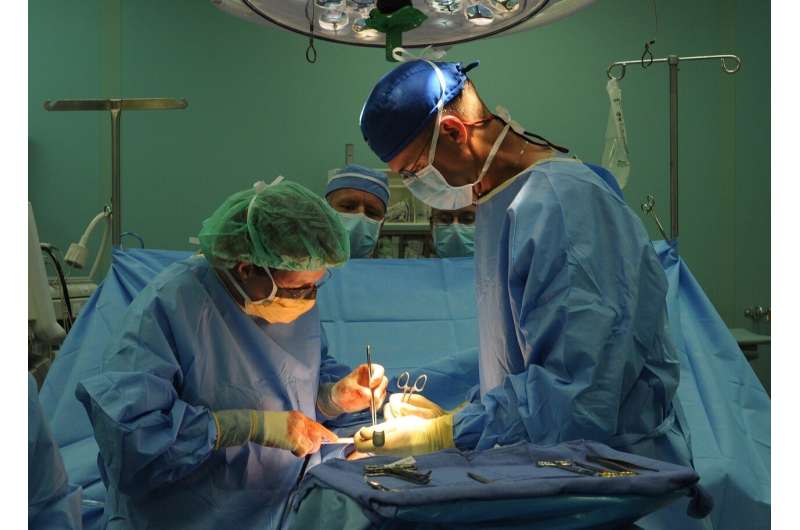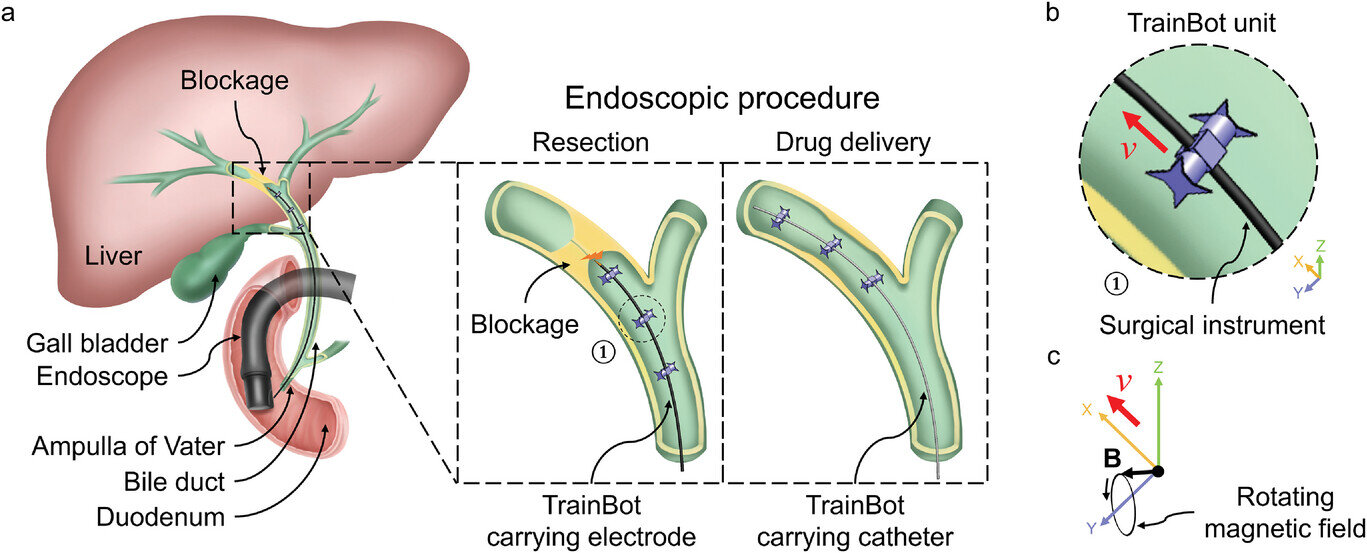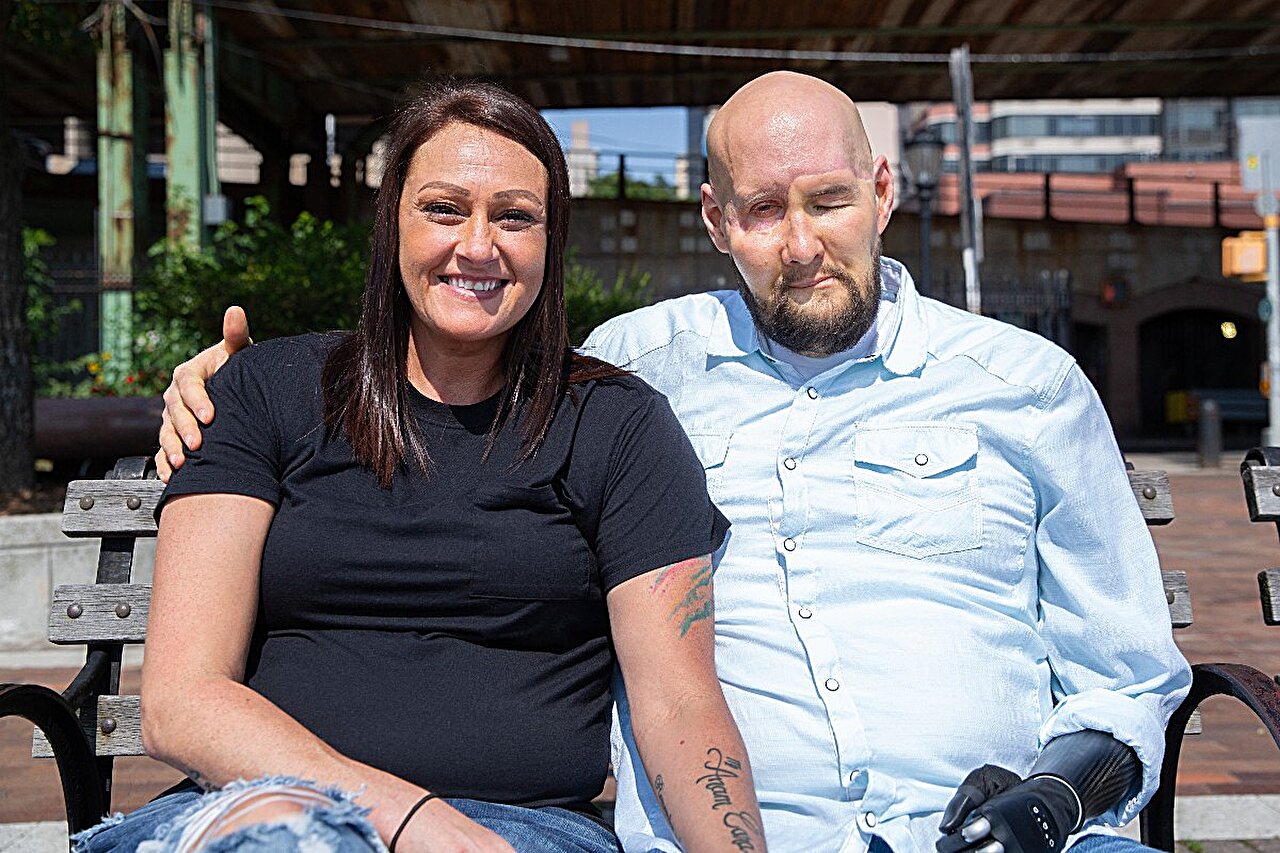
A UCLA research team has created the Comorbid Operative Risk Evaluation (CORE) score to better account for the role chronic illness plays in a patient’s risk of mortality after an operation, allowing surgeons to adjust to patients’ pre-existing conditions and more easily determine mortality risk.
For almost 40 years, researchers have used two tools, the Charlson Comorbidity Index (CCI) and Elixhauser Comorbidity Index (ECI), to measure the impact of existing health conditions on patient outcomes. These tools use ICD codes that are input by medical professionals and billers to account for patient illness.
These tools, however, were not designed for patients undergoing surgery and often address chronic illnesses that are not relevant to surgical populations. They often capture data from medical billing records and lack nuanced information regarding pre-existing health conditions.
A total of 699,155 patients were used to develop the model, of which 139,831 (20%) comprised the testing cohort. The researchers queried adults undergoing 62 operations across 14 specialties from the 2019 National Inpatient Sample (NIS) using International Classification of Diseases, 10th Revision (ICD-10) codes. The findings are published in the journal Annals of Surgery.
They sorted ICD-10 codes for chronic diseases into Clinical Classifications Software Refined (CCSR) groups. They used logistic regression on CCSR with non-zero feature importance across four machine learning algorithms predicting in-hospital mortality, and used the resultant coefficients to calculate the Comorbid Operative Risk Evaluation (CORE) score based on previously validated methodology.
The final score ranges from zero, representing lowest risk, to 100, which represents highest risk.
Health services and outcomes research using retrospective databases continues to represent a growing proportion of surgical research. Researchers highlighting quality issues and disparities are well-intentioned. However, without appropriate tools, it can be unclear if poor outcomes are independent of pre-existing conditions.
“The advent of novel statistical software and methodology have enabled researchers to exploit large databases to answer questions of health care quality, disparities, and outcomes,” said Dr. Nikhil Chervu, a resident physician in the UCLA Department of Surgery and the study’s lead author.
“These databases, however, often capture data from medical billing records and lack nuanced information regarding pre-existing health conditions. Without addressing differences in patients’ chronic illnesses, population comparisons may fall flat. Incorporation of this score in additional research will further validate its use and help improve analysis of surgical outcomes using large databases.”
More information:
Nikhil L. Chervu et al, Development of a Surgery-Specific Comorbidity Score for Use in Administrative Data, Annals of Surgery (2024). DOI: 10.1097/SLA.0000000000006544
Citation:
Researchers develop new risk scoring system to account for role of chronic illness in post-surgery mortality (2024, October 3)
retrieved 5 October 2024
from https://medicalxpress.com/news/2024-10-scoring-account-role-chronic-illness.html
This document is subject to copyright. Apart from any fair dealing for the purpose of private study or research, no
part may be reproduced without the written permission. The content is provided for information purposes only.




